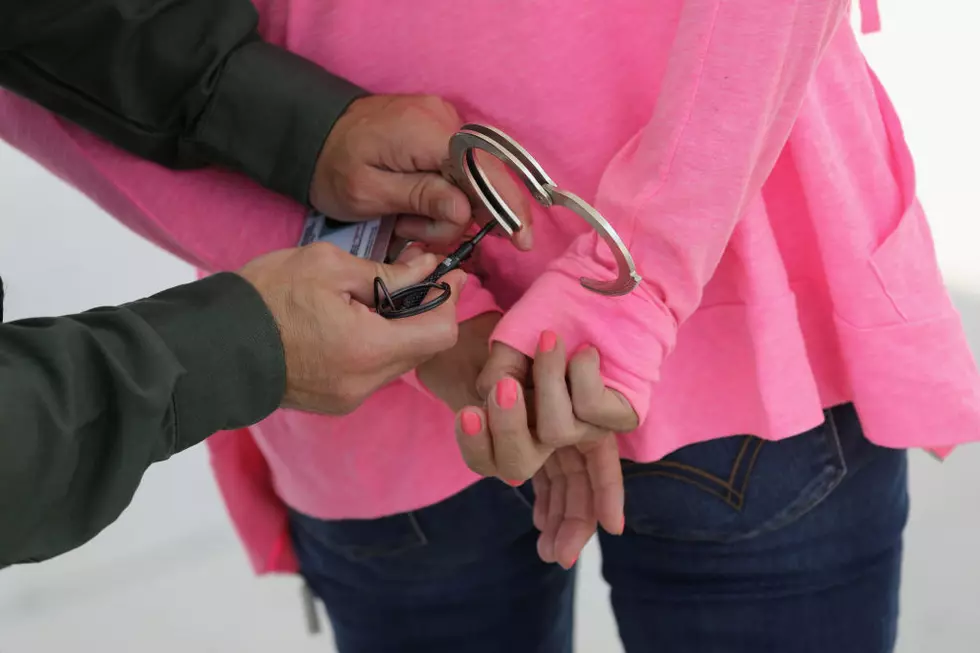
Can an Alligator Be a Legit Emotional Support Animal?
I'm glad we don't have alligators in San Angelo. Although with this weekend's flooding rains, they would certainly be right at home.
With that in mind, when one thinks of an emotional support animals, we usually think of a cuddly dog or cat. Many people have miniature horses or potbelly pigs as support animals. In Johnstown, Pennsylvania Joe Henney has an emotional support animal named WallyGator.
One could argue that every decent human being on earth has at least one pet. Studies about how people feel about their animal companions are well documented. Hardly a week goes by when there's not a new study done somewhere that proves how much we love them. Last week, there was a study that showed that the average American has more photos of their pets on their phone than their significant "human" others, including their kids. But a cuddly alligator?!

Wally is 5 feet long and federally licensed as an emotional support gator. Sure, Wally has rows of razor sharp teeth, but WallyGator is one of a kind. As Joe his owner told The Washington Post,
When he turns his nose toward you, that means he expects a kiss
For many with emotional or physical disabilities. their animal companions are so much more than pets. An emotional support animal is defined as an animal companion that offers some type of benefit to an individual with a disability.
Wally's owner Joe Henney was diagnosed with prostate cancer. Through radiation treatments, and the tough regimen anyone facing this daunting diagnosis must face, Wally has been Joe's emotional support. He even accompanies him to doctor's visits and procedures.
In fact, It was Henney's doctor who wrote the letter that helped him fill out an application on the U.S. Service Animals website. Eventually, he was approved and Henney can proudly show you WallyGator's official certificate as a federally approved support animal.
Joe even sleeps with WallyGator. He takes him places, always with permission ahead of time, and says the support gator has never bitten anyone, but just in case wears a protective harness.
Here in Texas, there are no specific state laws that protect emotional support animals. However, federal law says that any person with a disability, either mental or physical, must be given equal access to housing with their emotional support animal. In Texas, that mean that means registered ESA owners can live with their animals, even in accommodation where pets are not normally allowed.
I have mixed feelings. Even though WallyGator has never bitten anyone and seems perfectly nice, as far as gators go, I'm not sure I would feel safe with him living next door. I would be afraid he would eat my pets or bite a neighborhood child. That would not be particularly emotionally supportive. I think I'll just stick with pets who purr.
LOOK: Stunning animal photos from around the world
More From 98.7 Kiss FM









